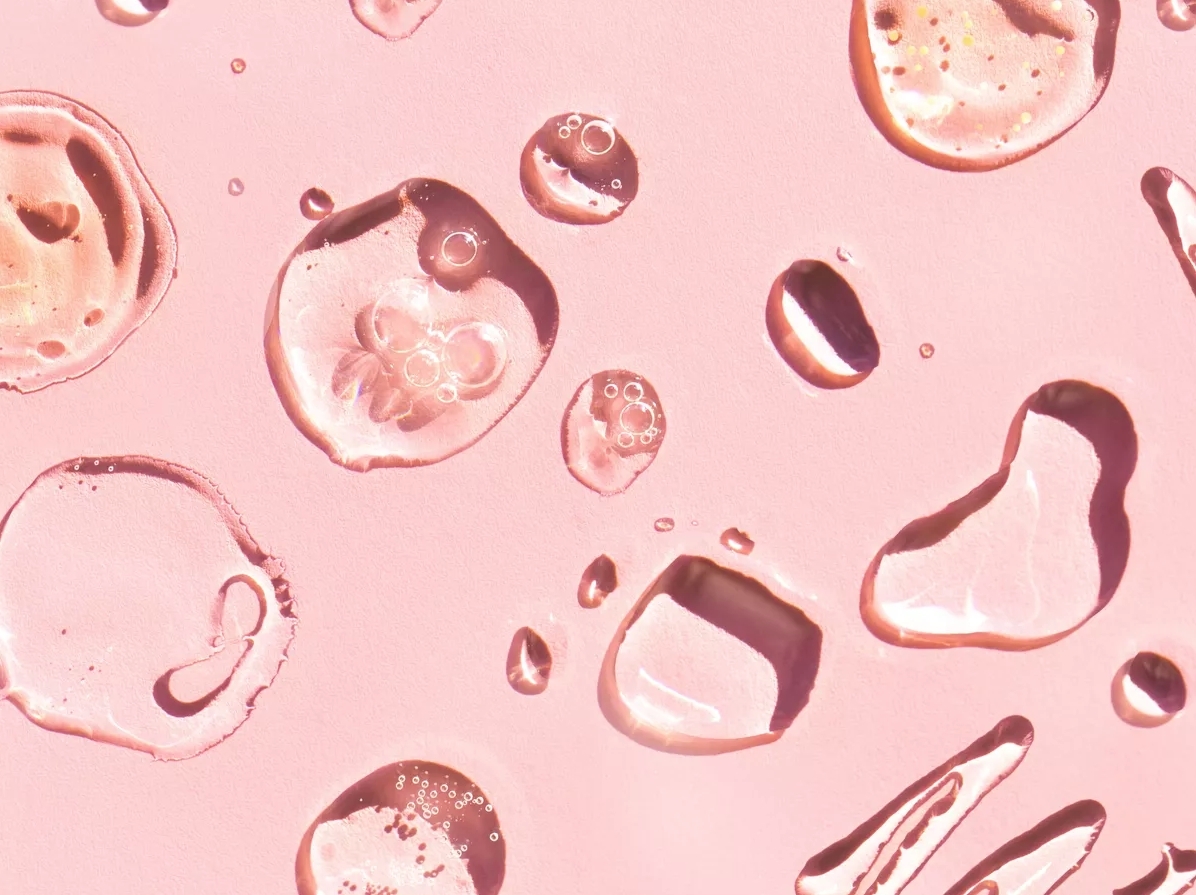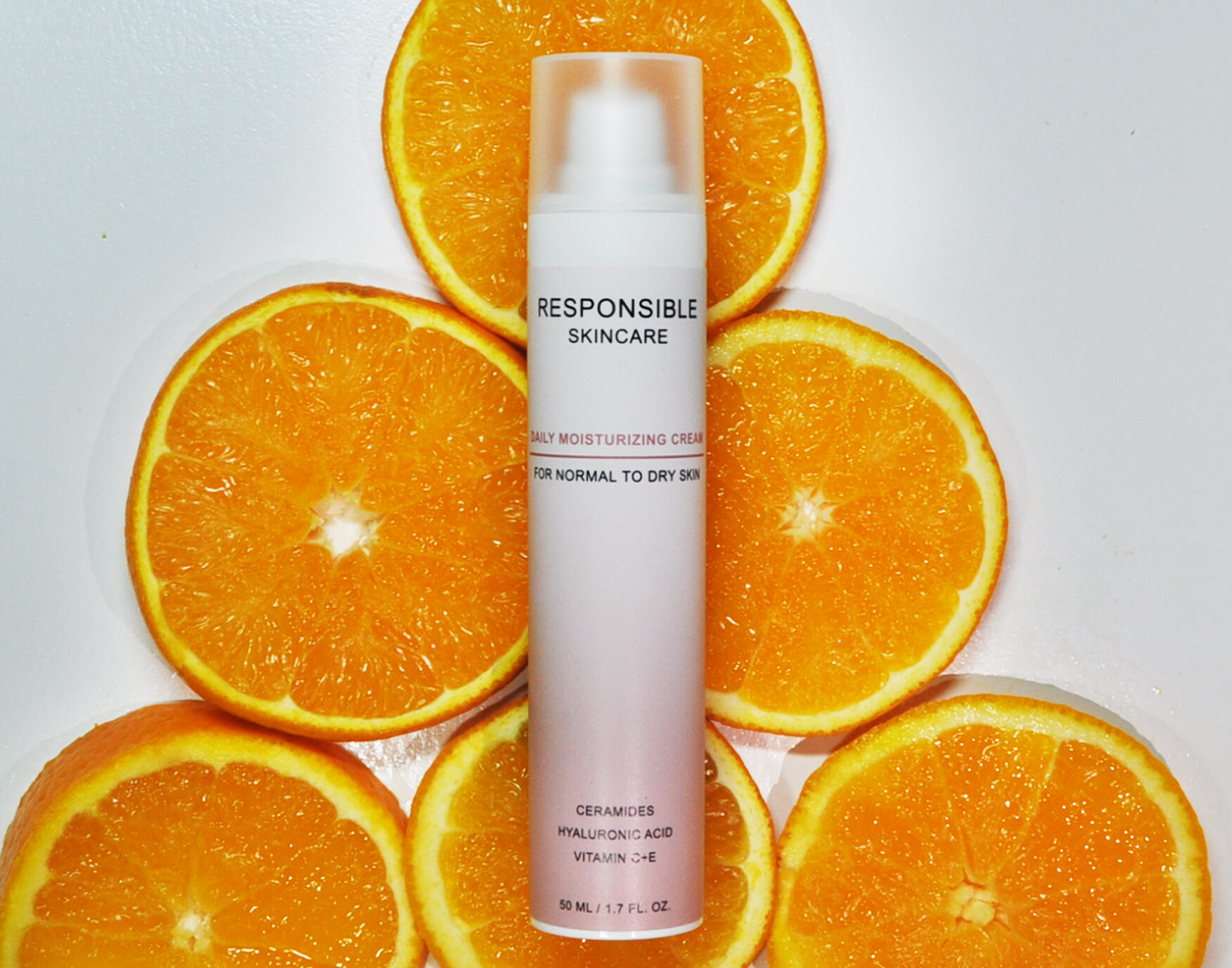
You have probably seen it before: “Free from Parabens, Sulfates or Silicones”. We see and hear it so often that we know to avoid these substances when it comes to skincare, haircare, or makeup. But what are they, and why are they bad for our skin and health?
Let’s start with parabens, which are not new to us. Parabens are chemicals that reduce the growth of mold and bacteria. Most of the times it is used to make the shelf life of the product longer than it would be without the parabens. Because of the fact that it is a chemical substance, it can cause skin irritation. Even if you do not have any skin irritation from parabens, it can cause fertility problems or increase the risk of skin cancer. But how can it happen that parabens cause skin cancer? When your skin is exposed to the sun and there is UV radiation, parabens can harm the cells which may lead to skin cancer. Also if you suffer from eczema, dermatitis or psoriasis, parabens can make the skin issue worse.
We also see a lot of products that claim to be without sulfates. Even though some plants contain natural sulfate, which is a form of salt, sulfate is used in products is a synthetical chemical which is derived from petroleum. We usually know the term as Sodium Laureth Sulfate or Sodium Lauryl Sulfate. Using products on a daily basis that contain sulfates may lead to certain skin issues or irritated eyes. Sulfates often remove the natural oils on your skin, which leads to itchy or irritated skin. Because this chemical causes issues and irritation, it is often tested on animals. Most countries have already banned animal testing, because of the animal cruelty. Additionally, sulfates may contribute to environmental damage, because on a large scale they may pollute the water and soil, thus have a negative effect on plants, animals and even humans.
Lastly, we have silicones, which are synthetic and considered safe. However, they can still have a bad influence on your skin and health. Firstly, when there are silicones in a certain product, such as skincare or make-up, it may be hard to remove it from your skin. The silicones enter into the pores of your skin, which may cause clogged pores, thus breakouts. Because pores get clogged, the skin has difficulty to renew its cells, which may lead to dullness and even more breakouts on the skin. Additionally, since silicone stays in your pores, it makes it harder for other useful ingredients to absorb into the skin as they should, which means it’s hard for your skincare to work to its full potential.
Altogether, parabens, sulfates and silicones are not very favorable for your skin and health. Although some people do not have any problems with the ingredients, others may experience severe skin irritations. Therefore, it’s essential to know what your skin needs and pay attention to what your skin is telling you!
Yours,
Responsible Skincare
